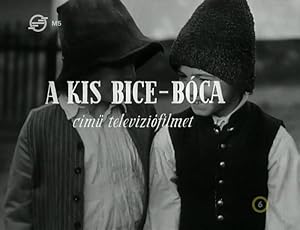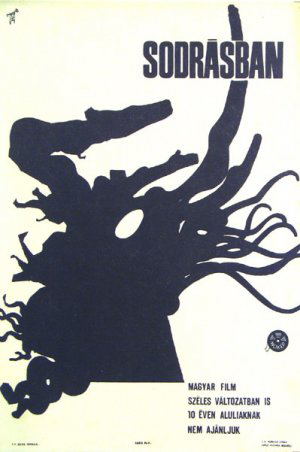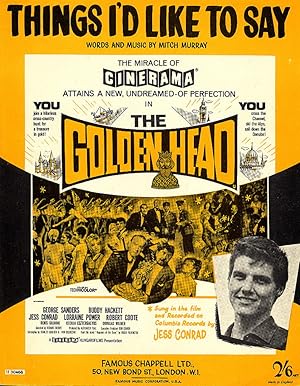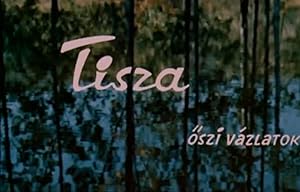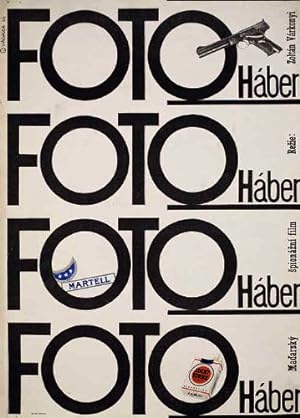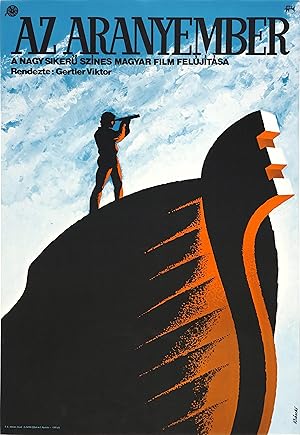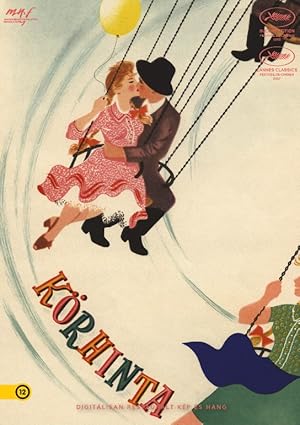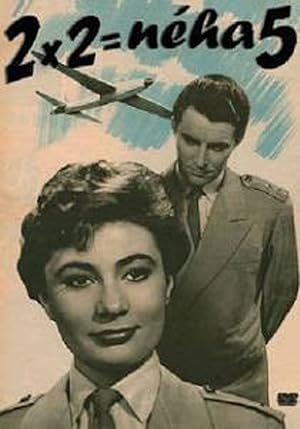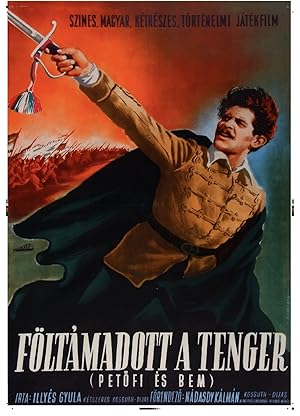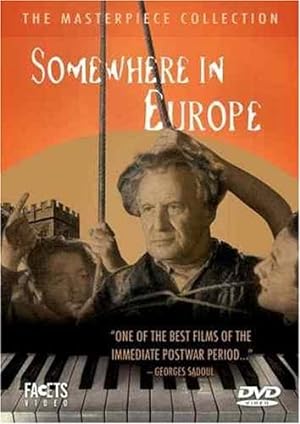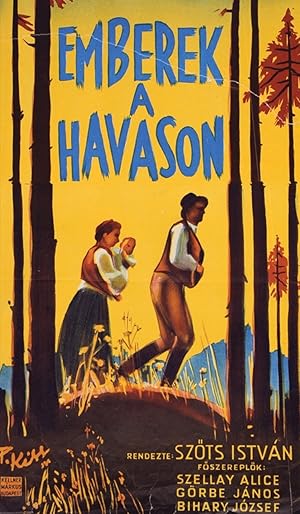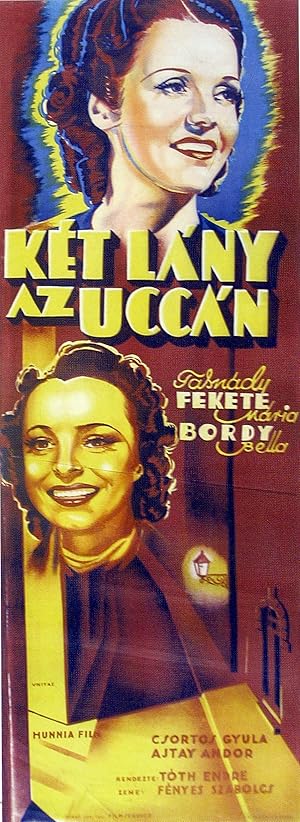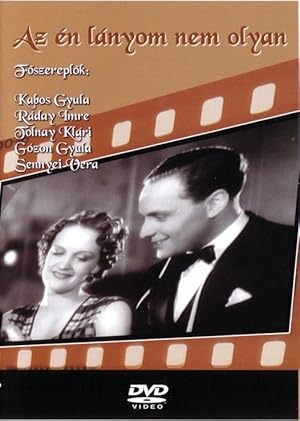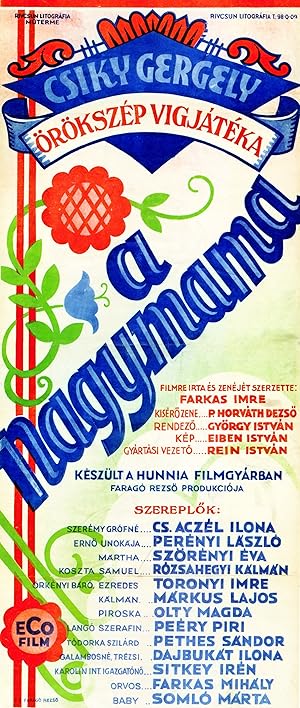Top Movies from Hungary
You’re now browsing page 15, where our exploration of Hungary films continues. If you’ve already discovered some standout titles on previous pages, now is the perfect time to delve even deeper and uncover more cinematic treasures. Keep exploring and enjoy the journey!
Current (1964)
0
A group of students cope with the disappearance of their friend.
The Golden Head (1964)
0
Stevenson, the famous English criminal expert visits Hungary with his family. While he is chairing a conference on criminology, infamous art treasure robbers steal the golden herm of Saint László. Suspicion is cast on the Stevenson children.
Tisza: Autumn Sketches (1963)
0
The first signs of autumn are seen in a landscape along a river. Some villagers are stacking a bed of stone blocks on the river-bank to avoid more eroding. Others are occupied by ploughing, fishing or repairing. A small steamboat passes by. In the engine room a stoker is shovelling coal into the oven. Further down the river a small town is passed by the water. A rowing-team is training for coming races. Some biologists are looking at microbes from the water through a microscope. A group of workers are painting a new barge and push it into the river. When a small boy sees a racing boat, he leaves his sand-castle and runs along the river.
Haber's Photo Shop (1963)
0
A priest who has been set free from prison recently joins a spy organization.
The Man of Gold (1962)
0
Adaptation of Mór Jókai's classic 19th century novel on Mihály Tímár, the captain of a commercial Danube ship in the 1830s, who finds unexpected fortune by meeting a Turkish aristocrat fleeing from his home country with his daughter Tímea. On their journey, they find an unknown island on the Danube, called the Senki szigete (the Island of No-one), a sort of earthly paradise, with only an old woman and her young daughter Noémi living on it.
Merry-Go-Round (1956)
0
In a rural scenery in the throes of difficult changes lives a humble but promising young farmer girl called Mari Pataki. Her father forbids her from seeing the man she loves. The father, above all preoccupied by work on the fields and prospective wealth, decides to give his daughter in marriage to an old but rich man with whom he does business. Land marries land, he says. This seems to be the unyielding rule of the Hungarian peasantry. But the young lover is ready to stand up to any challenge to keep Maris love.
2x2 Are Sometimes 5 (1954)
0
One of the most popular musical comedies of the 1950s starts with flirting between a bohemian sport pilot and a serious mathematics teacher. The lesson is that in life, not everything happens as would appear logical at the outset. In the wake of the inflexible and demagogic dramas of Stalinism, this colourful comedy was a true breath of fresh air. It is innovative not only for being full of great hits but also for being the first film in a very long time that was about pure love.
The Sea has Risen (1953)
0
March 15, 1848; the revolution breaks out in the town of Pest. Yet at café Pilvax, in among he revolutionary youth, there is the informer of the imperial court as well. Hearing the news of the attack led by Jellasics, the inhabitants of the villages pour into the national army, and Hajdú Gyurka also escapes from his landlord. Petőfi is there at the camp of the revolutionaries, raising them to enthusiasm with his poetry.
It Happened in Europe (1947)
0
1944. A band of runaways and orphans of the war scour the countryside in search of food and shelter. They invade and then taken in by a musician and former concert pianist who’s hiding out in a ruined castle. After the initial altercation between them the gang accepts his guidance and he wins their respect by protecting them from the elements.
People of the Mountains (1942)
0
A simple, religious Hungarian woodcutter lives with his wife and boy child with a small community of squatters among the peaceful mountains of Transylvania until a lumber company claims their land and forces them all to become company workers or else leave the land. This 1942 Hungarian film takes a detailed and unflinching look at the hardships of mountain living, and the realistic approach proved influential to the Neorealist movement in Italian cinema. Hungarian master director Istvan Szots won the Biennale Cup at the Venice Film Festival for his auspicious debut, but the film was banned by the Nazis as "too Catholic" and not
Two Girls on the Street (1939)
0
Two girls run away from a small village. Gyöngyi comes from an aristocratic family and her father throws her out of the house when he discovers she has gotten pregnant out of wedlock. She finds herself wandering the streets of Budapest and earns money playing the violin in a restaurant. Vica is an orphaned peasant; she is afraid of her stepfather and moves to the city where she gets a job on a construction site. Gyöngyi and Vica meet on the streets of Budapest, move in together and turn their lives around.
My Daughter Is Different (1937)
0
Gitta is 20 years old, a girl with modern attitudes, who is courted by Ferenc Fekete. Not particularly liked by Gitta's parents, especially her old-fashioned father, Fekete dates Gitta in secret.
